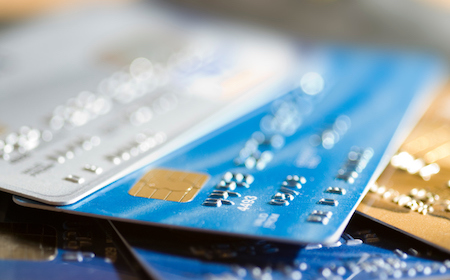
The Benefits of a Hardship Plan
If you’re buried in credit card debt, there’s a reasonable solution that your credit card company may allow you to use, but only if you ask about it.
A hardship plan, also known as a credit card payment plan, can help dig you out of debt and ultimately improve your credit score. A hardship plan can also save you money in interest payments and reduce your monthly credit card bill.
Don’t be scared if you think a hardship plan is the same thing as the debt management plans you see on TV commercials. Those require you to pay a fee to a credit counseling agency to negotiate debt repayment terms with each of your lenders. All of the debts are paid through a single monthly payment that the counseling agency collects from you. The credit counselor is the liaison between you and your debt collectors.
A hardship plan, however, doesn’t have an intermediary or mass payment of lenders. You work directly with your credit card issuer and the repayment program it sets up.
Creditors can differ on what they offer in hardship plans, typically a combination of a lower interest rate, smaller minimum payment, lower fees and penalties, and a fixed payment schedule.
Being allowed to take part in a hardship plan can be as easy as calling your credit card issuer and explaining why you need one. You may have just lost your job or had an emergency that is costly, and need a credit card payment plan to help you through this rough time.
Credit Score Could Drop
Signing up for a hardship plan doesn’t immediately affect your credit, but your scores could be indirectly impacted by the way the program works.
The credit card issuer will put a note on your credit report that you’re participating in its hardship plan. This is a sign that you’re taking responsibility to repay your lenders, which is a good thing. But to potential creditors, it could be a sign that your finances aren’t stable. Ask your credit card issuer what note it will send to the credit bureaus and how that might affect your ability to get future credit.
While you’re in a hardship program, your credit card company may close or suspend your account until you’ve paid off the debt. Closing a credit card—no matter if it’s you or the credit card company that does it—can lower your credit score.
Eventually, a hardship plan should help you get a hefty increase in your credit score once you complete the plan successfully. An initial drop should be expected, though after months of on-time payments and other responsible behavior you should start to see your credit score improve.


